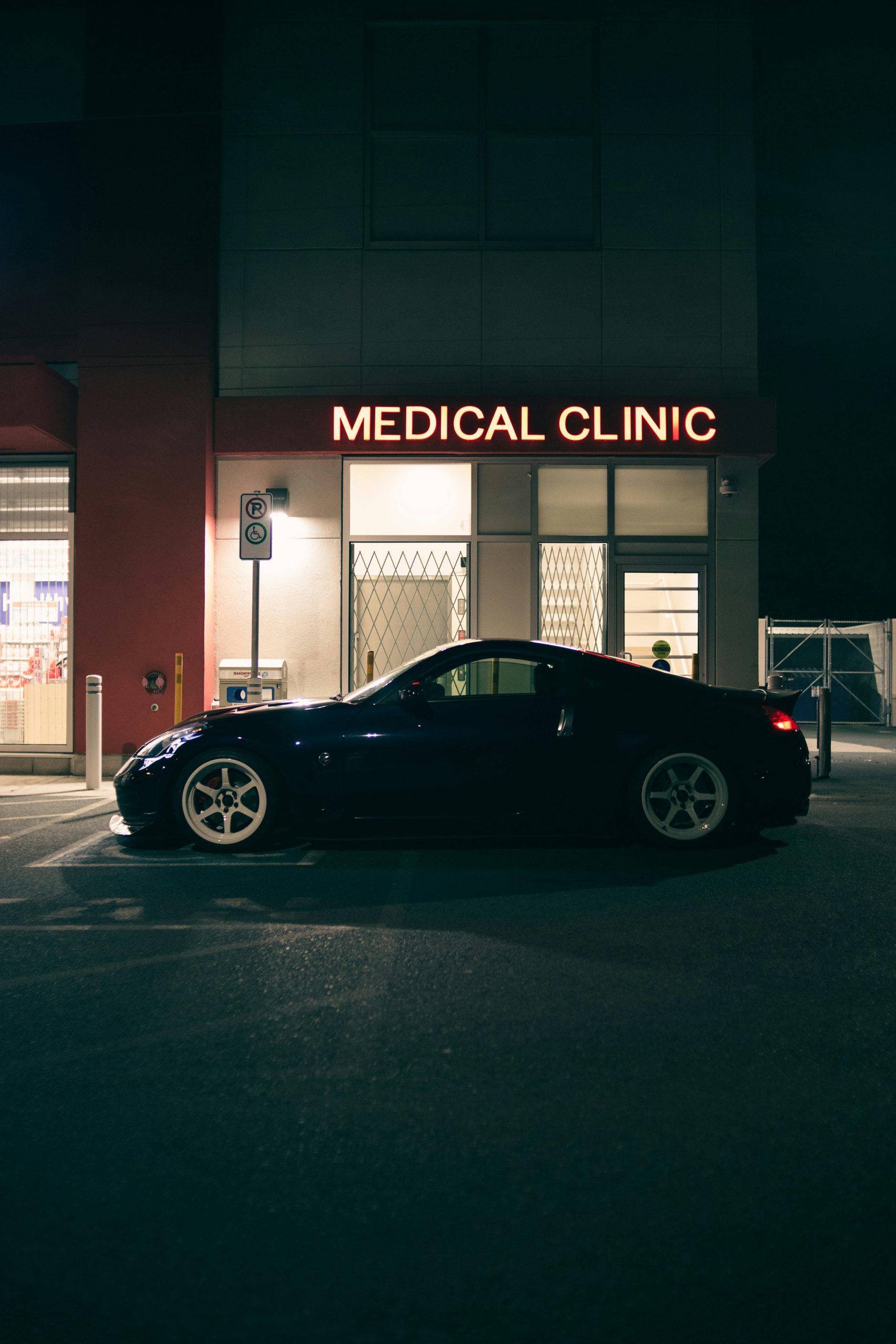Title: Navigating the Aftermath of a Drunk Driving Accident: What to Know When Your Vehicle Is Totaled
Experiencing a vehicle accident caused by an intoxicated driver can be both traumatic and financially challenging. Recent events highlight the complexities that come with such incidents, especially when the vehicle is deemed a total loss.
A few weeks ago, I returned home from work and parked my car in front of my house, following my usual routine. About ten minutes later, an intoxicated driver crashed into the rear of my vehicle, severely damaging the entire back end. Living in Minnesota, I rely heavily on my car for daily work tasks, such as delivering wedding cakes.
The driver responsible was promptly arrested, but since then, I’ve faced a series of hurdles. His insurance provider, The General, refused to engage with me directly, leaving me to navigate the situation on my own. Fortunately, my own insurer, State Farm, has been more cooperative, but the compensation process hasn’t been smooth.
Insurance Coverage Concerns
My insurer has determined that the payout will only cover approximately 75% of my car’s current market value. Unfortunately, this leaves me with a remaining balance of roughly $4,000 on my auto loan. At the time of purchase, I was unaware of gap insurance — a coverage designed to bridge the difference between the car’s value and the remaining loan balance — so I didn’t have that safeguard in place.
This situation feels inherently unfair. I’m left footing the bill for a vehicle I no longer own, all because someone chose to drive under the influence. Given my current financial situation, affording a new car isn’t feasible, and my work equally depends on having a reliable vehicle.
Seeking Advice
Is there anything else I can explore to better handle this predicament? Am I left with no options but to accept this financial burden? Your insights would be greatly appreciated.
Update: Upon further reflection, I realize that my insurer is paying the cash value of the vehicle. Does the condition of the tires, such as whether they’re brand new, make a difference in the settlement? I’m unsure.
Thank you in advance for your guidance and support on this challenging issue.



